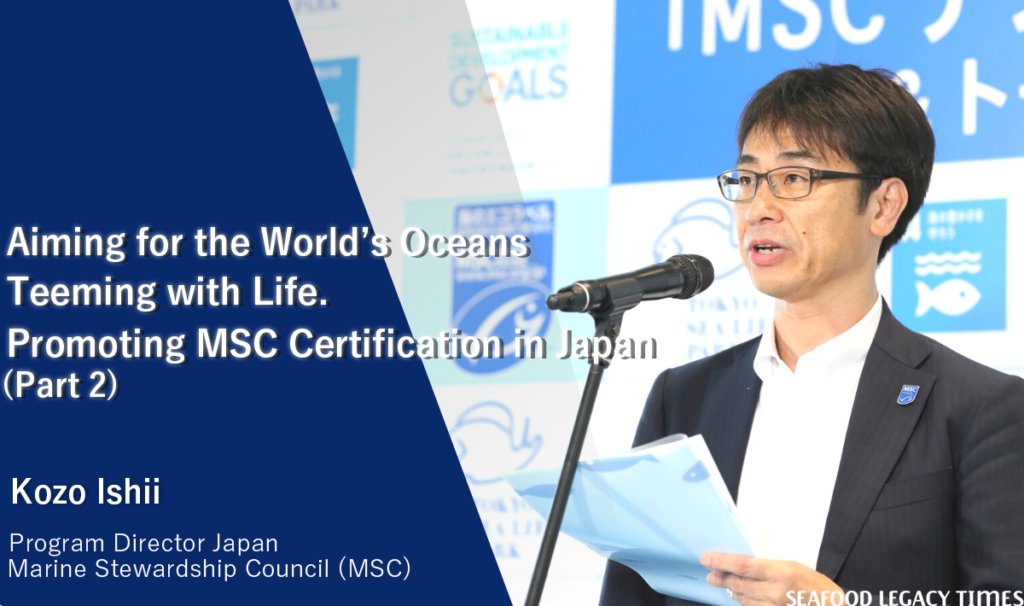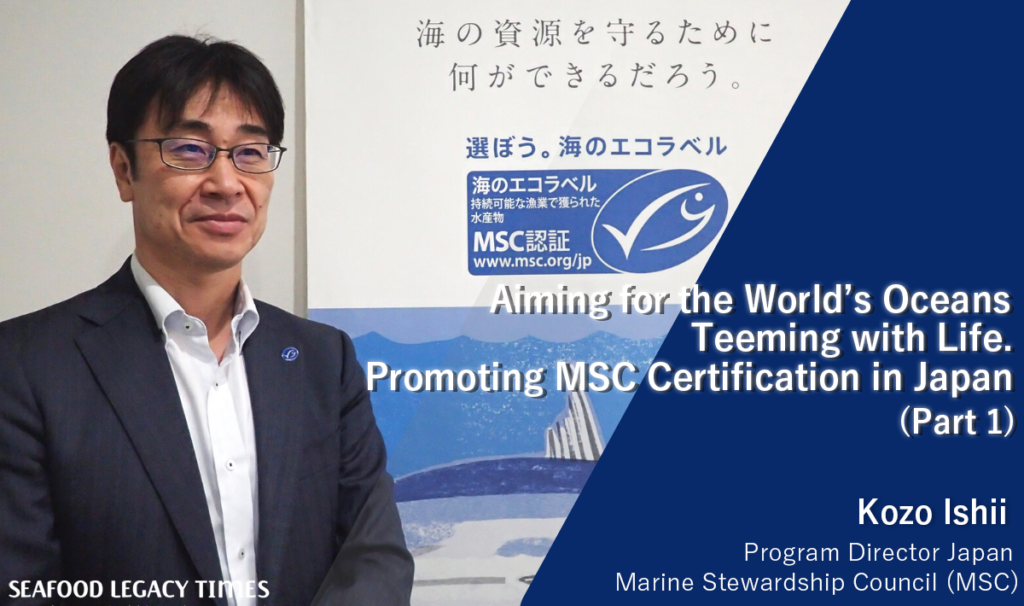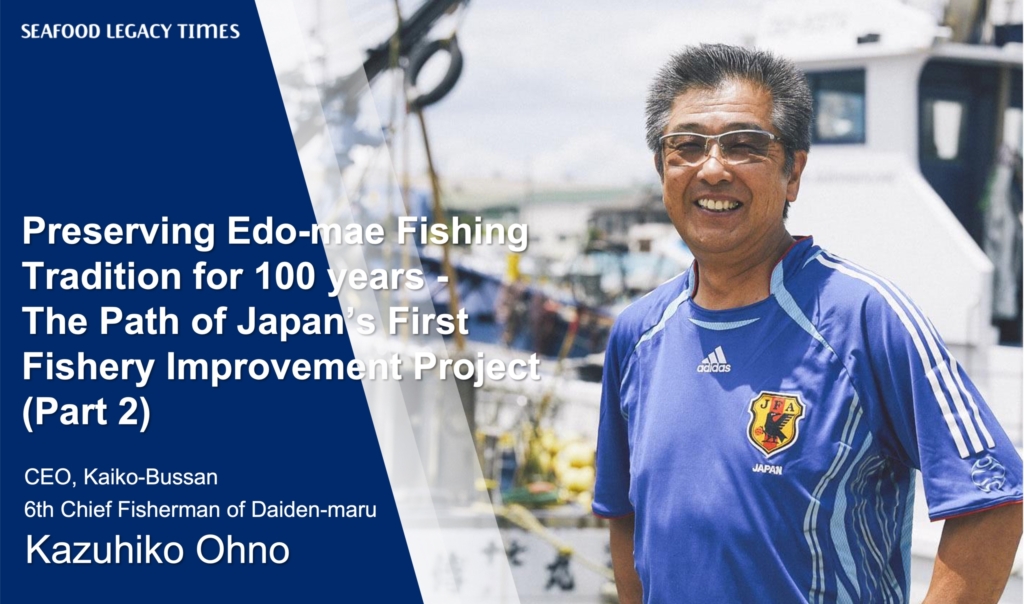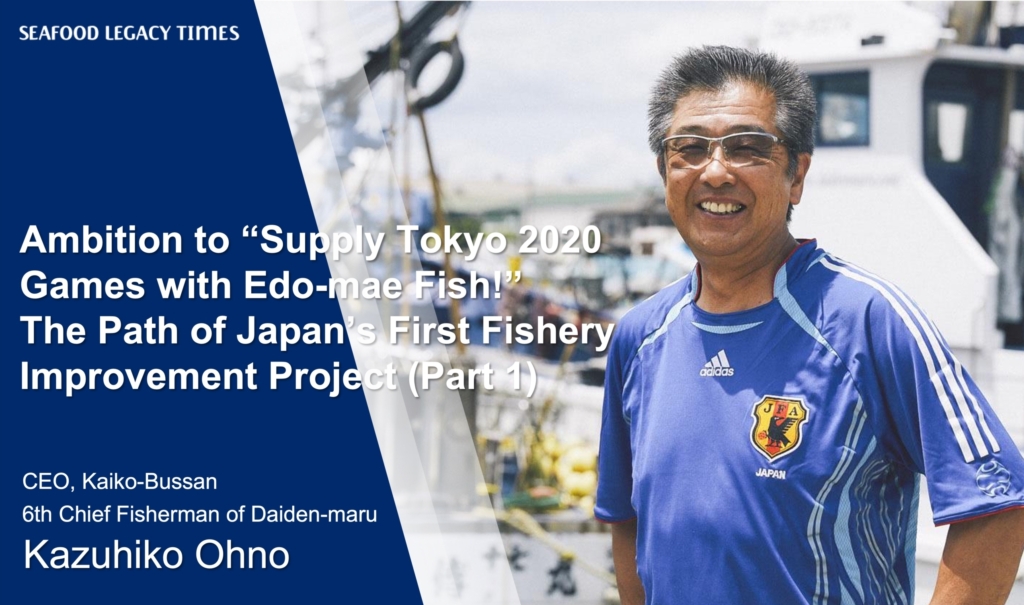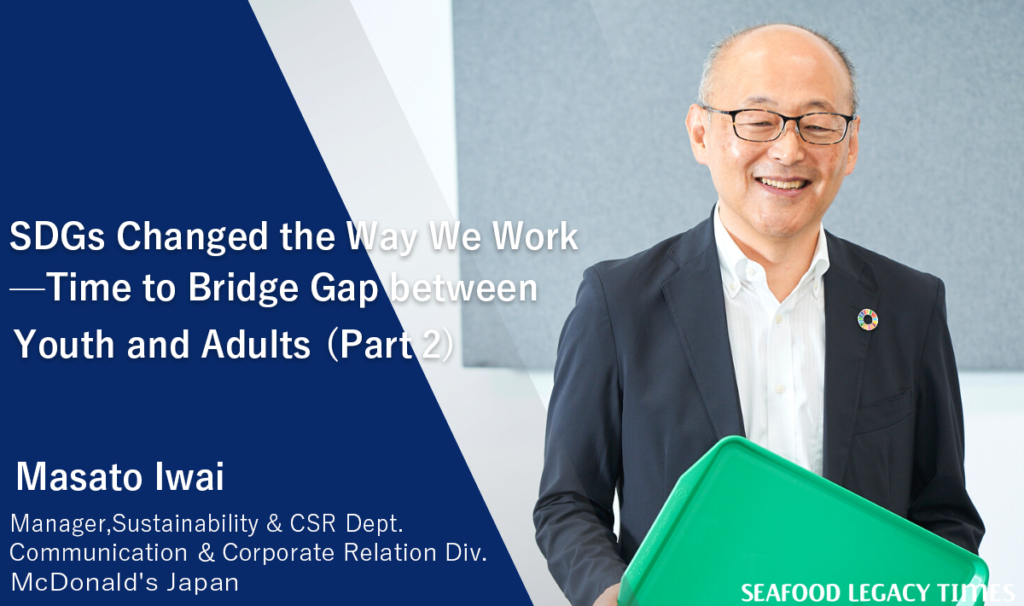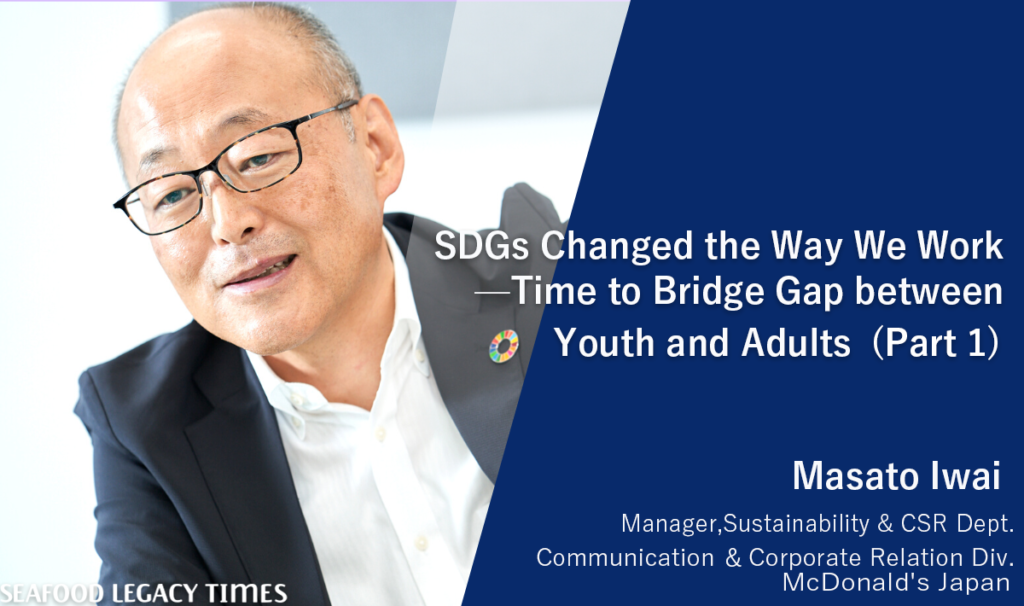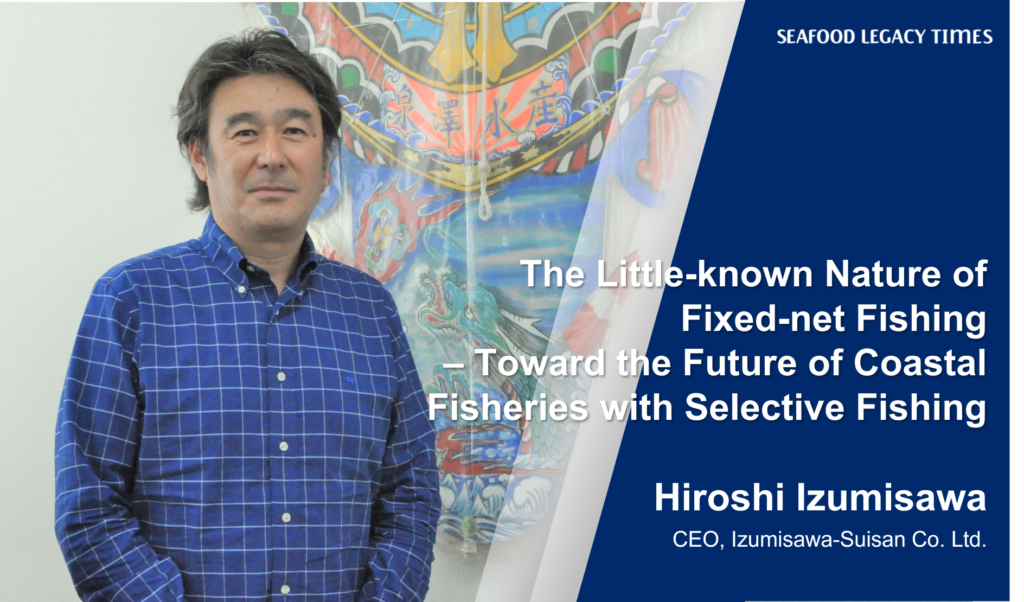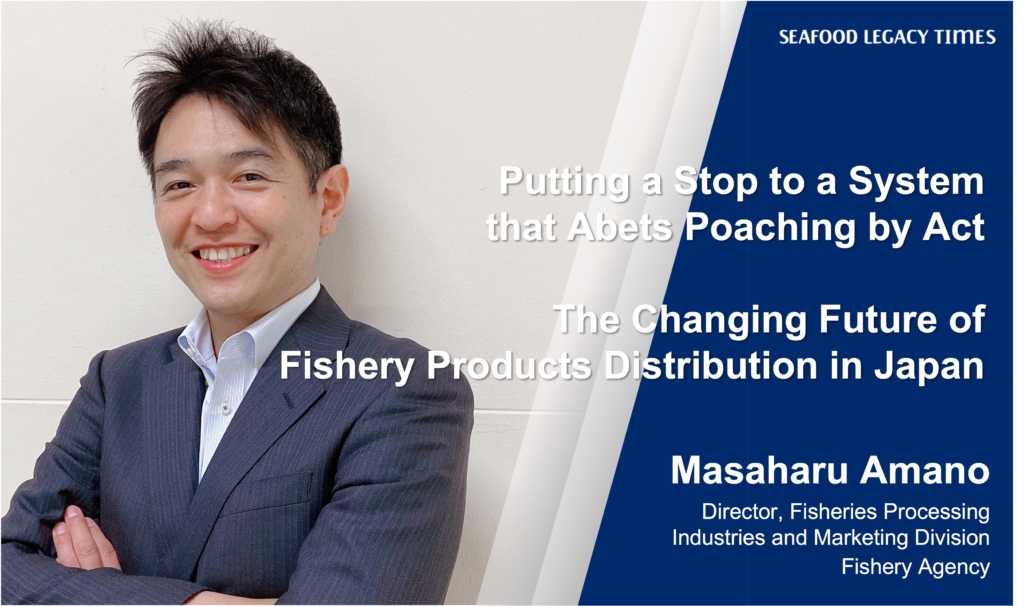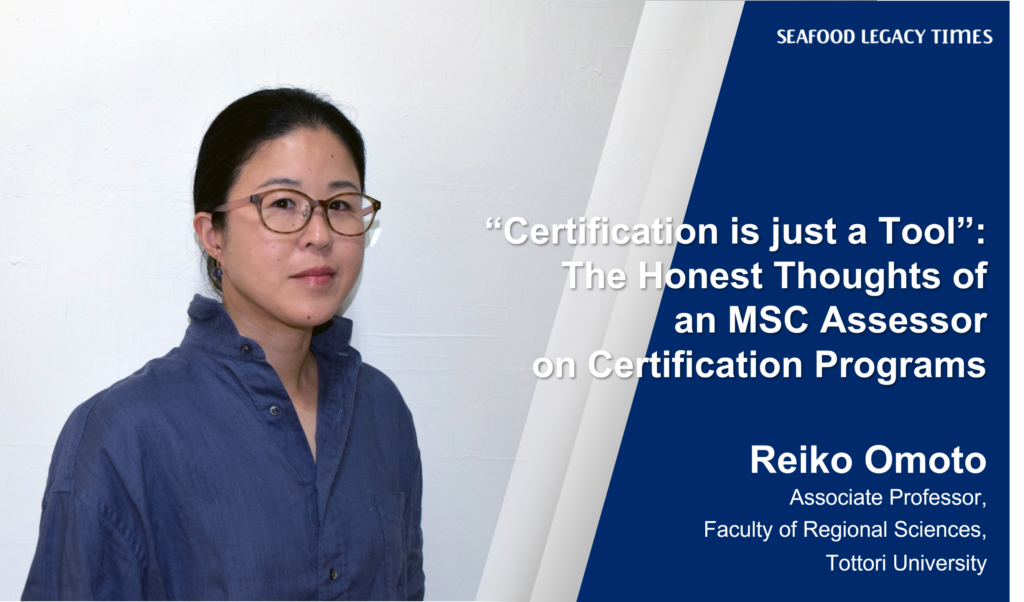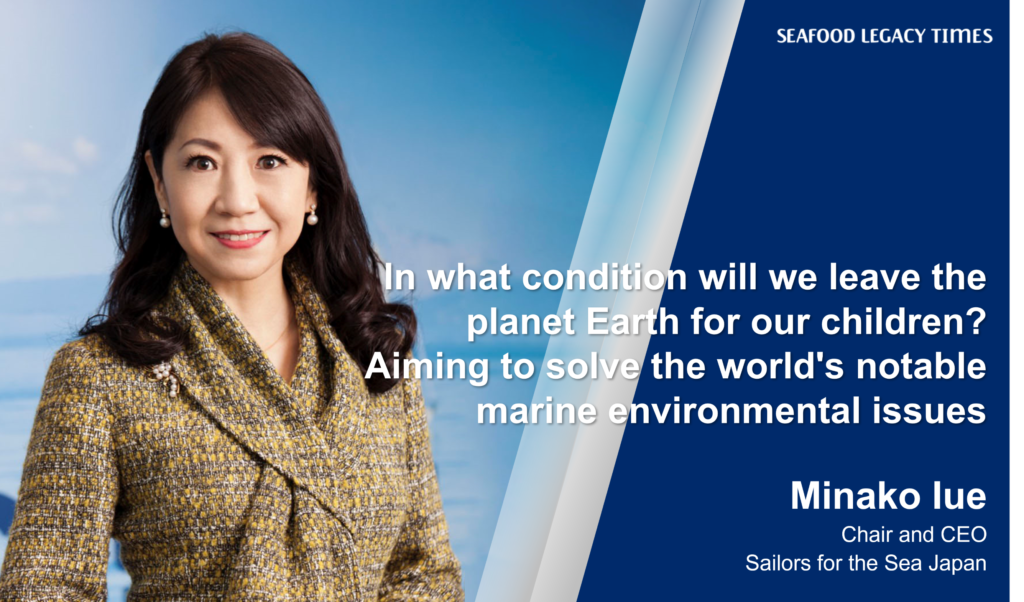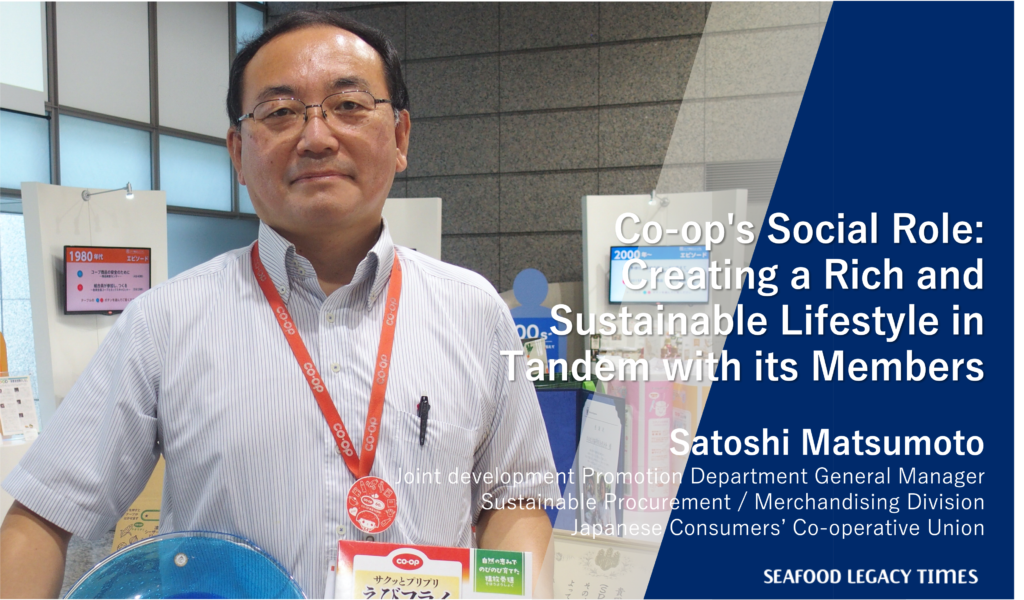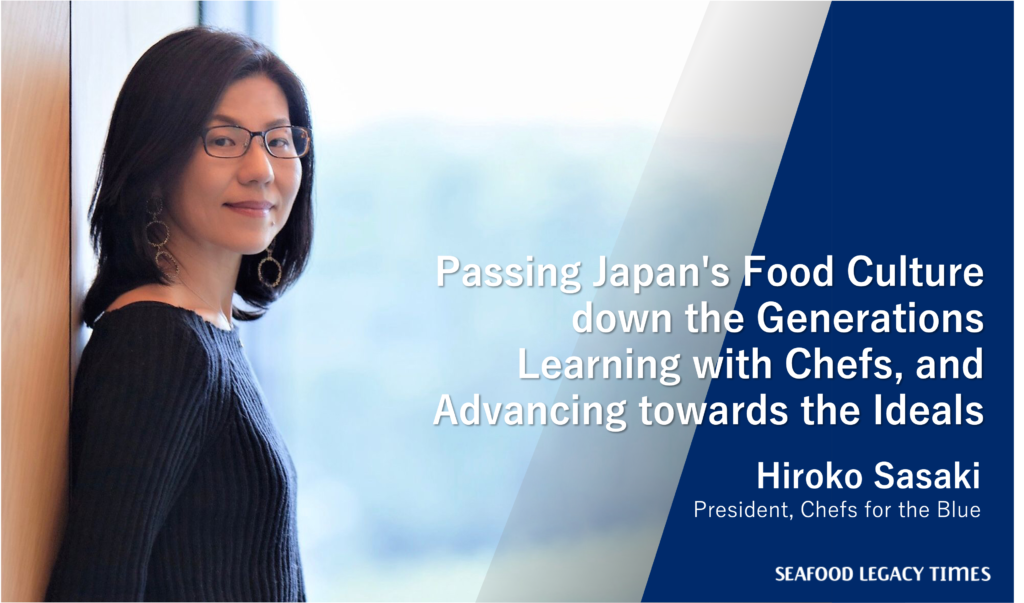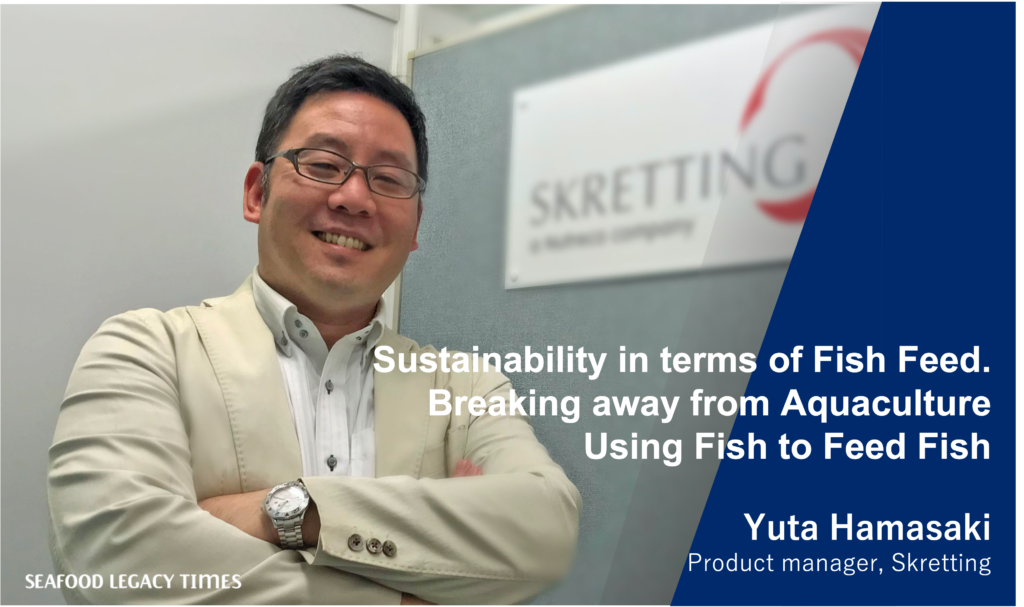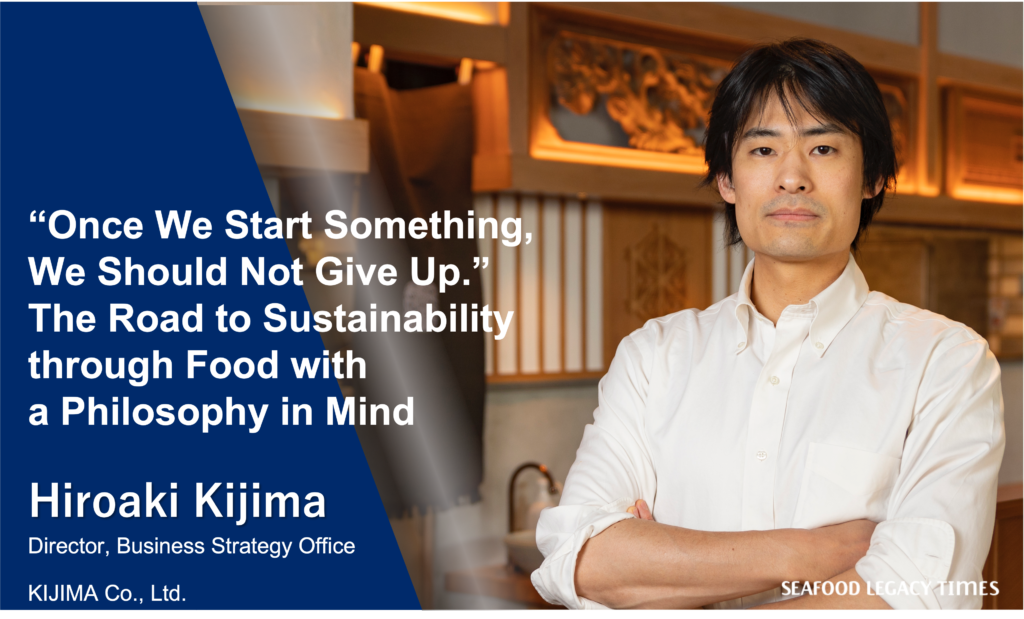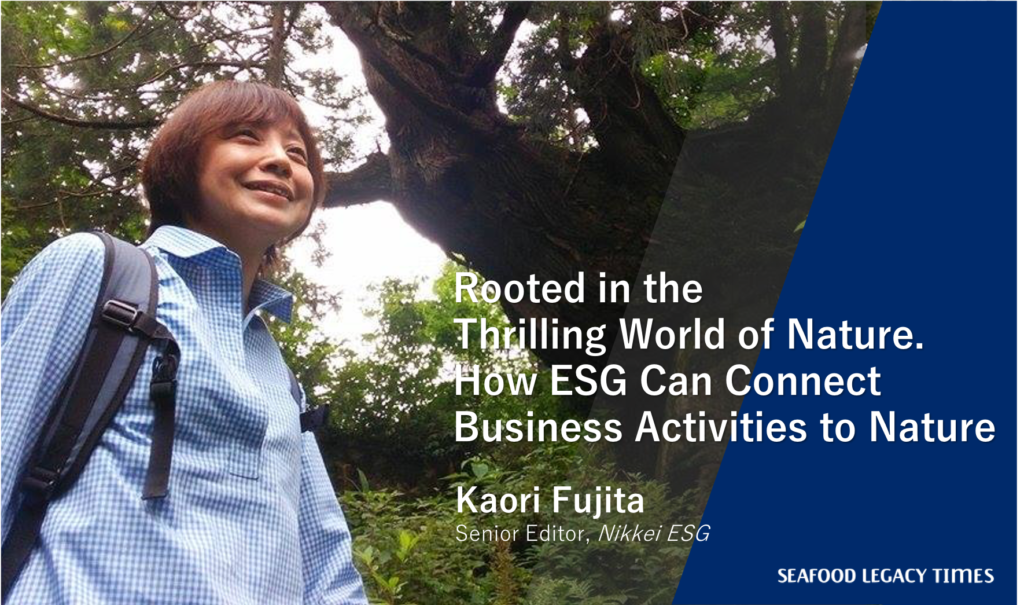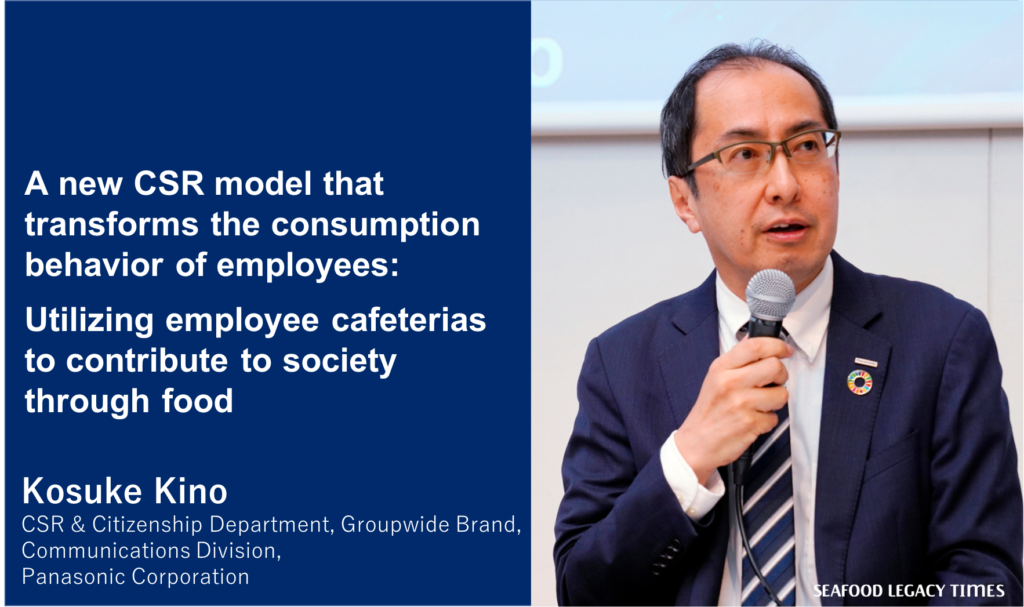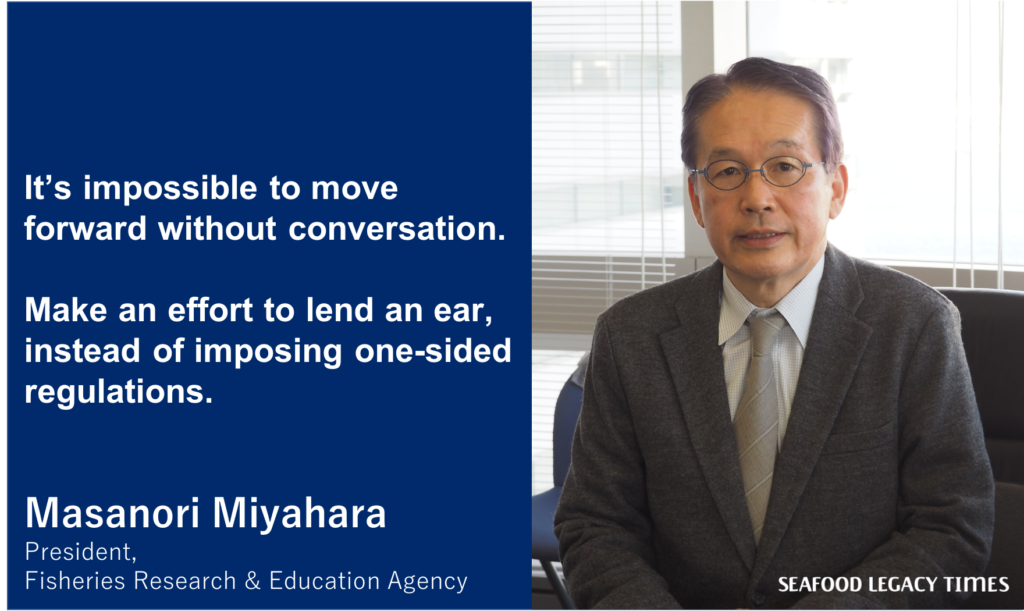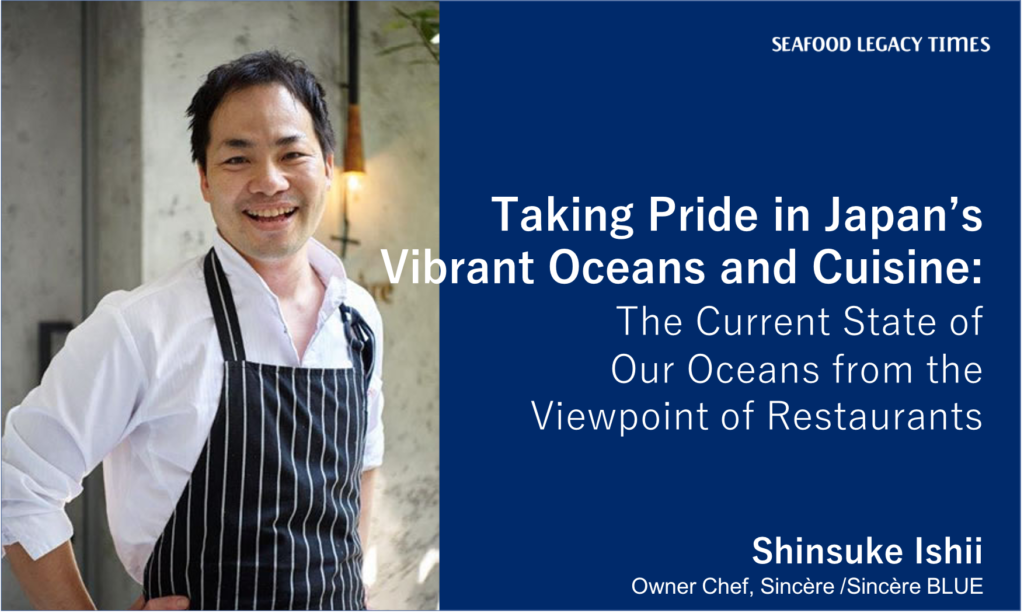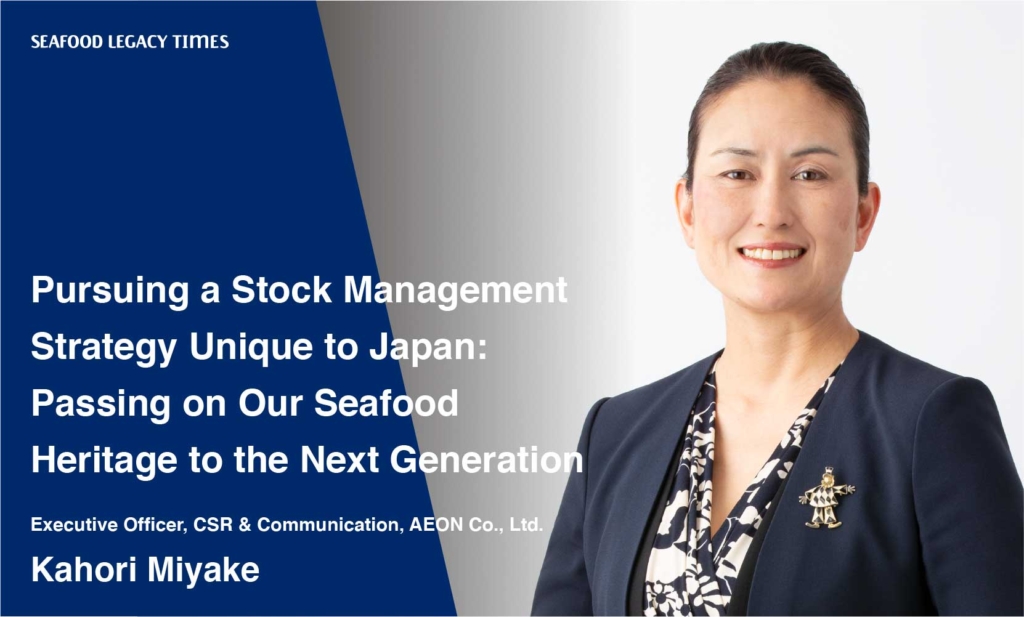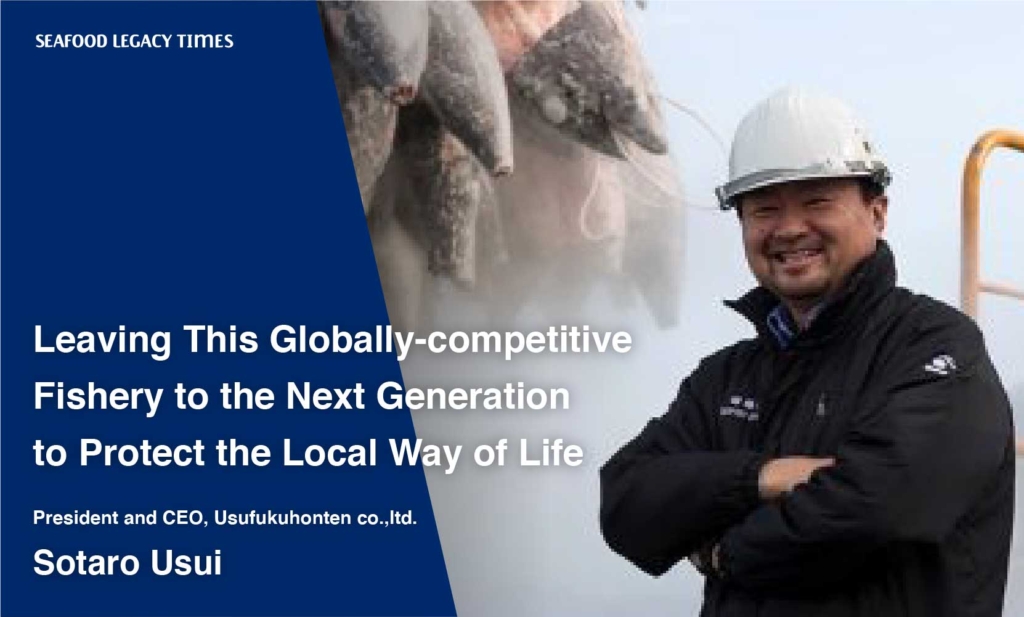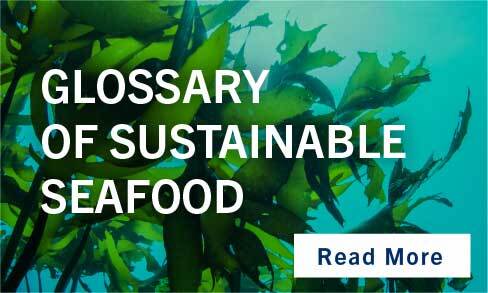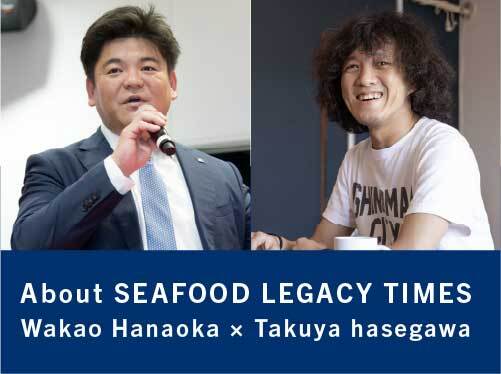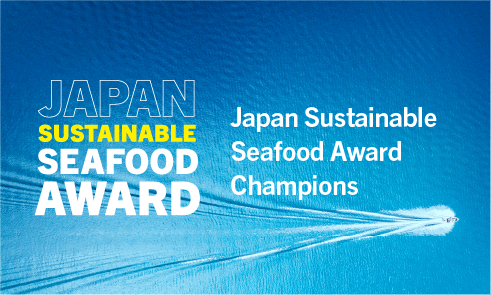
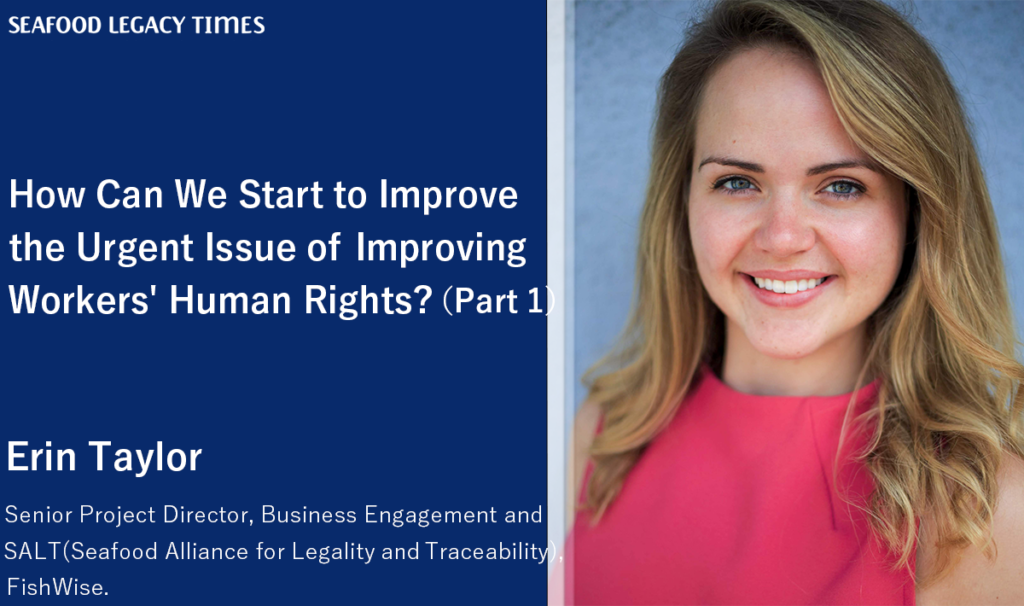
Media reports have brought forced labor and international human trafficking into the public eye as issues that companies must address. For seafood, which passes through a long and complex supply chain to reach the table, this is not some far-off matter. Erin Taylor, who works in Business Engagement at FishWise, makes this appeal: “We’ve released tools that companies can make free use of as guides and roadmaps for human rights due diligence, so we want them to know improvement is possible and to take an interest in starting.” We spoke with Erin Taylor about her efforts at FishWise during her seven years of involvement with the organization.
Erin Taylor
Senior Project Director, Business Engagement and SALT (Seafood Alliance for Legality and Traceability), FishWise. Active across divisions at FishWise, Erin Taylor builds and manages holistic sustainability programs with corporate partners, government bodies, and external collaborators. She leads partnerships aimed at achieving sustainability goals and improving supply chains, with the involvement of industry associations and companies in retail, distribution, hospitality, and other sectors. In recent years, she has addressed social responsibility in business, supporting companies in taking up human rights and the rights of workers as issues. She recently joined FishWise’s SALT team and now leads activities with governments, industry, and NGOs in Latin America and the Caribbean and globally. Prior to joining FishWise, she was a wild fisheries specialist at the New England Aquarium, advising large companies on marine products-related issues including traceability, policy, certification, fisheries improvement, and environmental risks. She holds a BA in Environmental Analysis & Policy from Boston University.
―― What brought you into this field?
I was born and raised in the American Midwest, a place with no ocean anywhere in sight. I loved aquariums as a kid, though. While studying marine biology at university, I found myself drawn not only to marine biology as a natural science but also to the complicated relationship between humans and the oceans.
While at university, I started volunteering at the New England Aquarium in Boston. My first job was taking care of penguins, but among the different programs that the aquarium was involved in, there was an initiative that partnered with major companies and brands to improve seafood procurement.
Through working with this program, I became more conscious about how the seafood we eat reaches us from the ocean – like McDonald’s Filet-O-Fish, which is available everywhere. I got to see the waters and vessels where that fish is sourced from, as well as the processing facility where it is made. By learning about the whole supply chain that brings seafood from fisheries to consumers, I saw firsthand how even if you grow up in the middle of the continent, your life and your diet are directly connected to the ocean.
I made connections with FishWise through that job, and came into contact with their practical approach and their attitude of tackling everything through collaboration. In particular, I resonated with their stance of extending support not only to the end buyers connected to consumers, but to their suppliers as well. So, when FishWise was expanding its work to serve those in the middle of the supply chain, I came onboard the team.
At FishWise, I have worked directly with people in a lot of positions along seafood supply chains—retailers, hospitality companies, suppliers, even sushi companies—to help them figure out where their seafood comes from, and by what routes. It’s not an easy thing. It requires dialogue with a lot of departments, suppliers, and upstream distribution channels, all with different motivations and needs to consider.
One of our roles is to place the spotlight on issues that are likely to come under attention in the future and to support companies in addressing those. What has been coming to the fore in the past few years is the social responsibility of companies, especially in the areas of human and labor rights. These issues are unique and complex in the seafood industry, and companies that try to address these issues on their own face difficulties.
To take an example of why human and labor rights issues are so complicated in the seafood industry, the remote locations where fishing boats operate can extend across national and regional boundaries. Large numbers of migrant workers are often involved as well. So, a vessel can be registered to one country, fishing in a second country, utilizing crew from a third country, and landing its catch in the port of a fourth country–this makes it complicated to know who holds responsibility for addressing issues that arise. In cases like these, it’s difficult for a single company to issue instructions for the improvement of human rights and labor practices in all of the countries involved in the supply chain. When fishing continues for a long period that makes vessels stay out at sea for months at a time (or longer), such as in a pelagic fishery for a species that swims long distances in the open ocean, understanding the actual working environments becomes even more difficult.
With all of these factors at play, it can be difficult for any one individual at a company to know where to start, especially when they have many day-to-day responsibilities that feel more immediate, like meeting a sales quota or issuing a purchase order. So when I am working with corporate teams, most of what I do every day is listen to people. I talk to people about issues they face in their roles, search for what small step is under their control, and connect them with people who can offer support to take that step…
In the end, human behavior and human relationships are at the root of problems and of people taking action–or not. For that reason, solving problems requires that we talk to people directly, read between the lines, and connect the dots to uncover root causes. Doing that lets us understand what underlies people’s behavior–what is motivating them and how that contributes to the broader system–and build bridges between different people and groups. For me, this is a really rewarding aspect of my role.
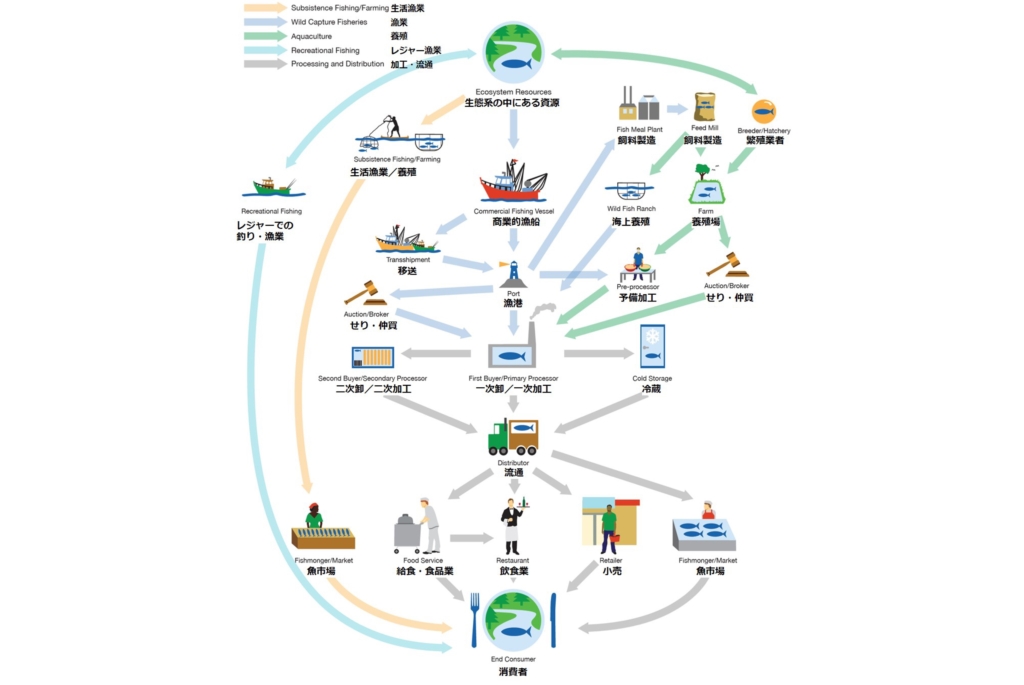
――How have the issues of social responsibility and human rights come under attention?
The first issue to attract attention in sustainable seafood was the environment, especially collapsing fish stocks. In tackling environmental issues, there was a need to know where seafood was captured and what path it took in distribution. In the process of shedding more light on every step of the supply chain, human rights issues in the seafood industry came into clearer view.
In the mid-2010s, there came a series of reports on forced labor happening on fishing boats in Southeast Asia. A particularly poignant documentary film, “Ghost Fleet,” was released a few years later, highlighting the actions of Patima Tungpuchayakul and her team to rescue fishers abandoned at sea that had faced severe abuse, creating further discussion.
Making these reports and stories public brought attention to human rights issues in the seafood industry, but both then and now, it’s hard to overcome the fact that there are many people who view these issues as something that’s happening far away and that isn’t relevant to them.
――The issue of IUU (illegal, unregulated, unreported) fishing, which is often tied to human rights issues involving workers, has recently begun to be reported by major media in Japan, but awareness of the problem still seems limited to large companies. What’s the situation in the US?
In the US, there is a rise in companies undertaking human rights due diligence and working to improve their labor practices, but most of the action is still happening within major companies. Solving these deep-rooted problems will require participation by a wider range of stakeholders. The participation of smaller companies, NGOs, governments and, most of all, workers is important.
In the seafood industry, “workers” include traditional small-scale fishers, crews of large vessels with processing and freezing facilities, aquaculture farmers, other related businesses, and a lot of other people involved in bringing seafood to the table. Issues can exist across harvest, processing, and distribution levels. The hurdles are high for individual workers in speaking up to companies about issues that arise, as there’s risk involved for doing so. There have to be systems in place that let workers use their voices not only when they see what may be human or labor rights violations, but also in general to advocate for their needs.
――Is the situation changing? Is the industry making progress?
Considering that any sort of unfair treatment of workers is unacceptable, until such treatment hits zero, we can’t say that enough is being done. In terms of steps, regulation is also important. In the area of human rights due diligence, national policies have a great impact on companies’ initiatives, and government involvement speeds up improvement.
For example, I really felt this at the Seafood Expo Global, held in Barcelona in April 2023. I’ve been taking part in the Seafood Expo North America held in Boston for the past decade, but was surprised to see the remarkably greater degree to which corporate social responsibility and human rights issues were being discussed in Barcelona than I’ve observed in Boston.
Why is that? I think it’s because EU countries have several emerging, new, or existing laws and regulations concerning human rights due diligence. Also, EU-wide regulations are set to be enforced soon, so concrete discussions aimed at this are taking place and innovation is happening. This is the acceleration role that governments can play.
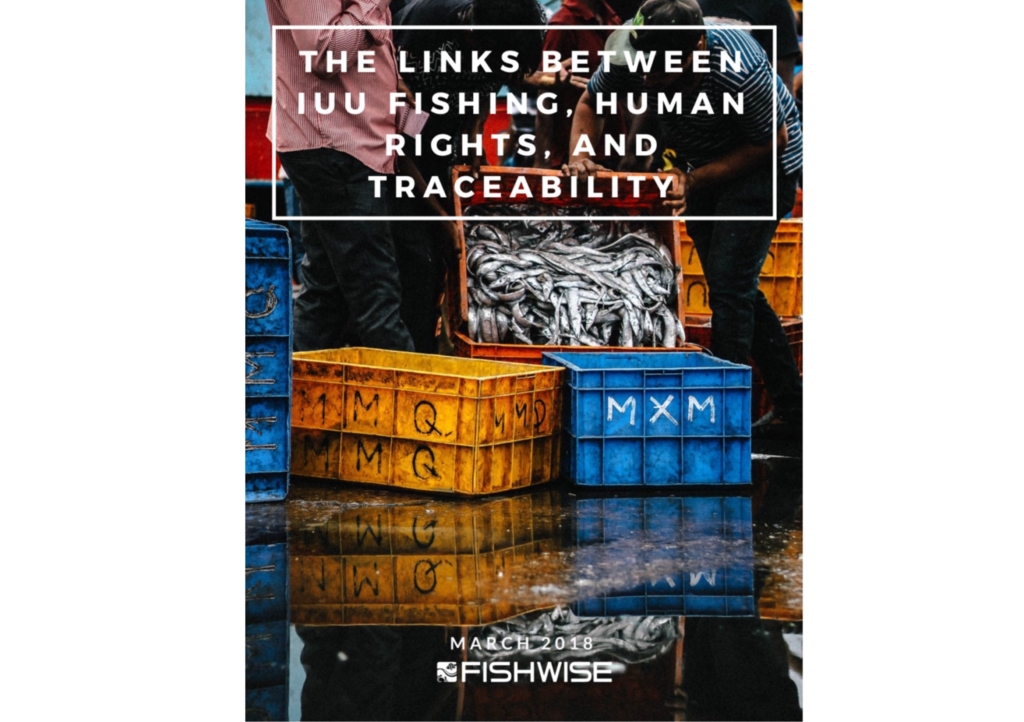
When companies decide to address social responsibility issues, they can be overwhelmed by not knowing where to begin. They’ll typically try to rely on familiar tools, like certifications and auditing. These tools are familiar to companies that have tackled environmental issues, but they call for care when applied to social responsibility, especially human rights issues and worker protection.
This is because there’s no simple way to guarantee the absence of human rights issues. Companies that have made a commitment to social responsibility can run into a wall by relying on familiar methods. Humans aren’t the same as seafood products, so our approaches can’t be the same.
――The FishWise website introduces a number of tools. What stands out is the emphasis on not just making improvements but also publicizing initiatives and achievements.
From the standpoint of companies, disclosing unfavorable information can feel like exposing weaknesses. What we have seen from a variety of cases, though, is that the biggest risk can come from making declarations, but then having little to no follow-up. What problems were discovered? What action was taken? What did those actions lead to? Continuous disclosure of the process along the way is seen as making sincere effort. Insufficient communication can cause business partners and investors to think that the company is making false claims and neglecting the uncovered risks, doing nothing about them–or worse, avoiding due diligence to understand risks in the first place. Not knowing doesn’t mean risk isn’t present.
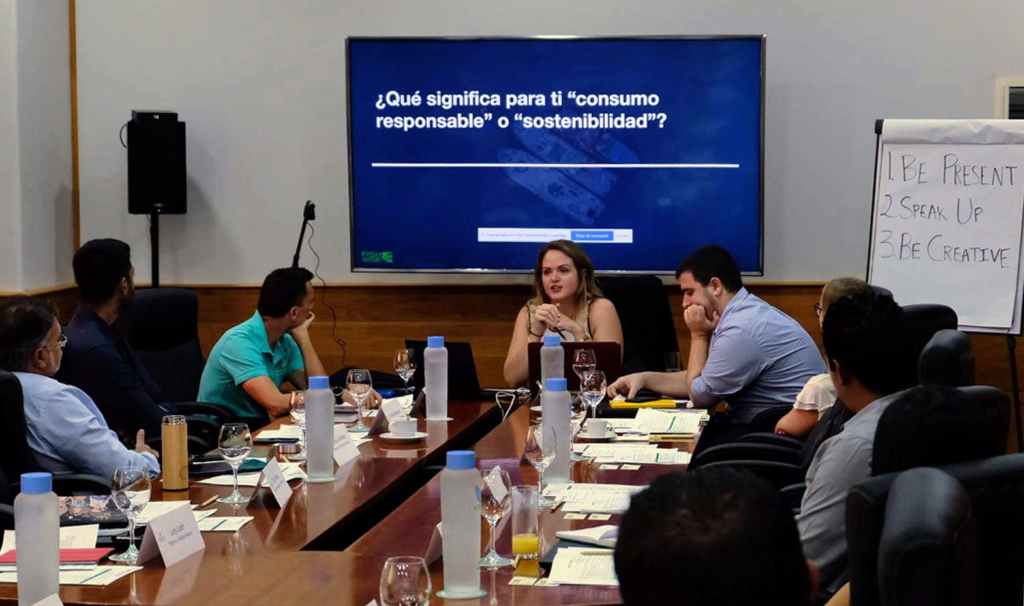 Sustainability training (Erin Taylor at center) held with a corporate partner. A broad range of staff members, including those involved in sustainability, on-site operations, culinary/food and beverage, marketing, branding, purchasing, human resources, and public relations, discussed ways to incorporate seafood sustainability into their work. Participation by not only staff in charge of sustainability but also representatives of departments across the company is important.
Sustainability training (Erin Taylor at center) held with a corporate partner. A broad range of staff members, including those involved in sustainability, on-site operations, culinary/food and beverage, marketing, branding, purchasing, human resources, and public relations, discussed ways to incorporate seafood sustainability into their work. Participation by not only staff in charge of sustainability but also representatives of departments across the company is important.
Original Japanese text by: Chiho Iuchi




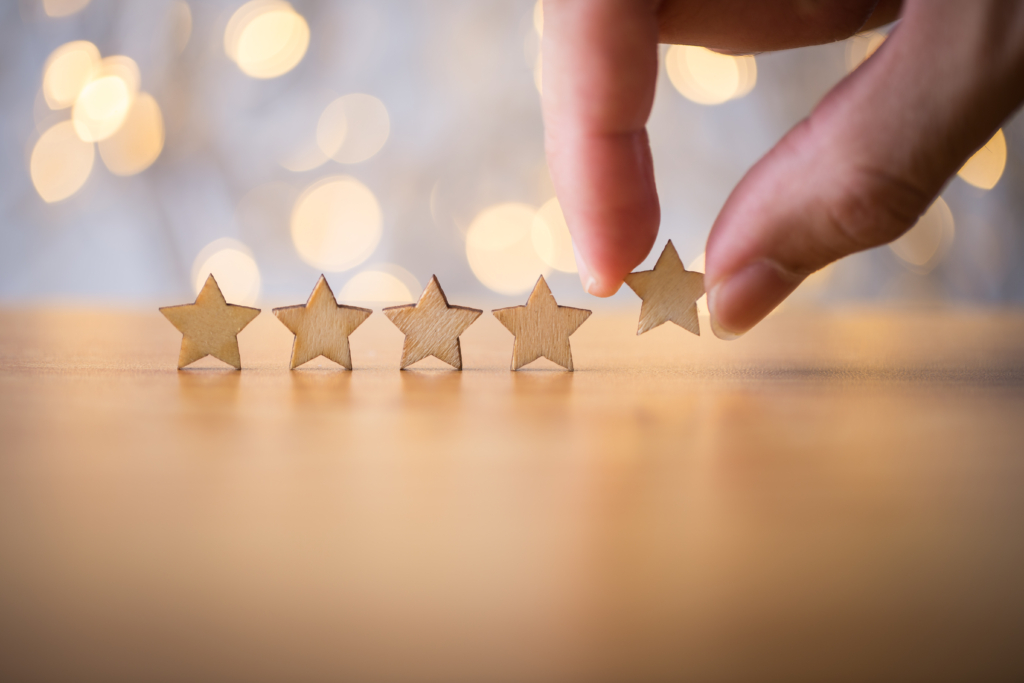




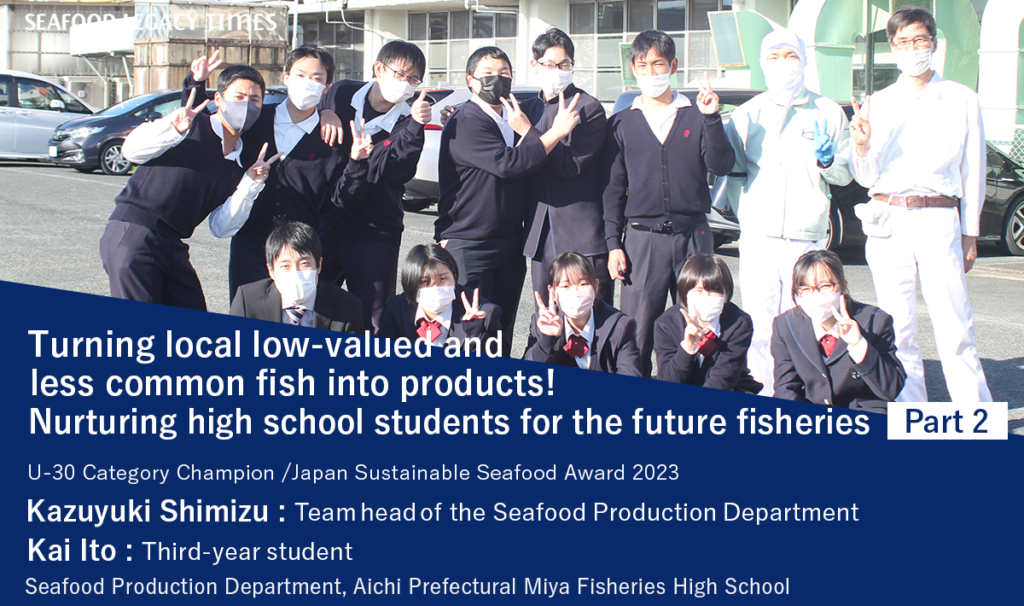
-1024x606.png)


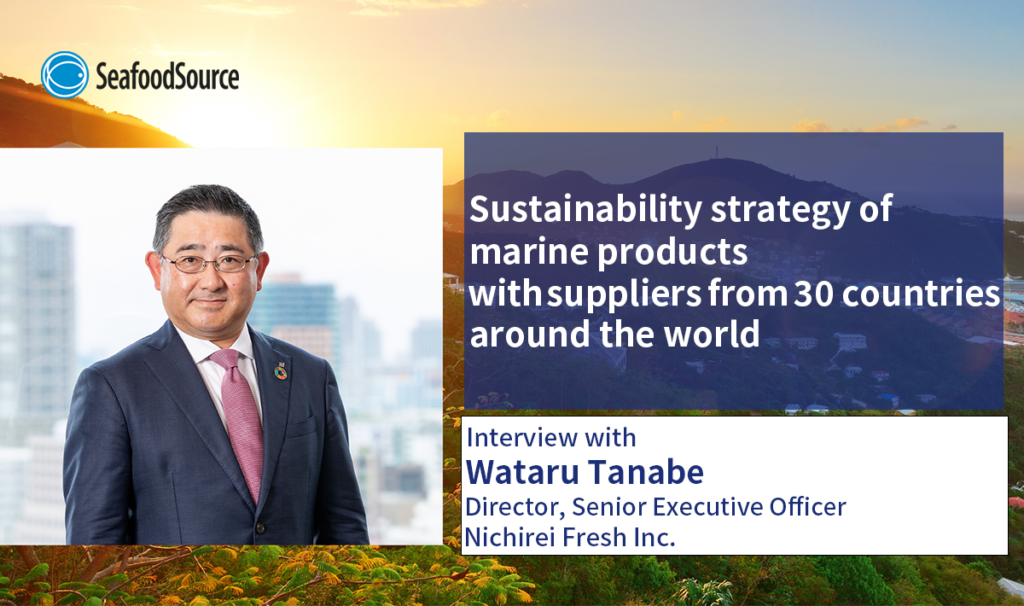
_-1024x606.png)

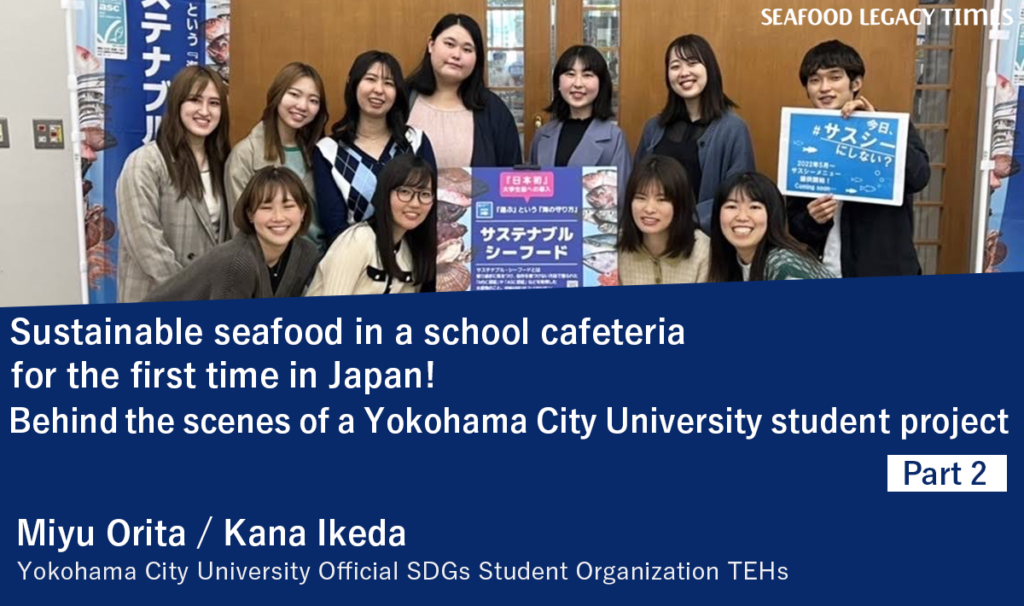
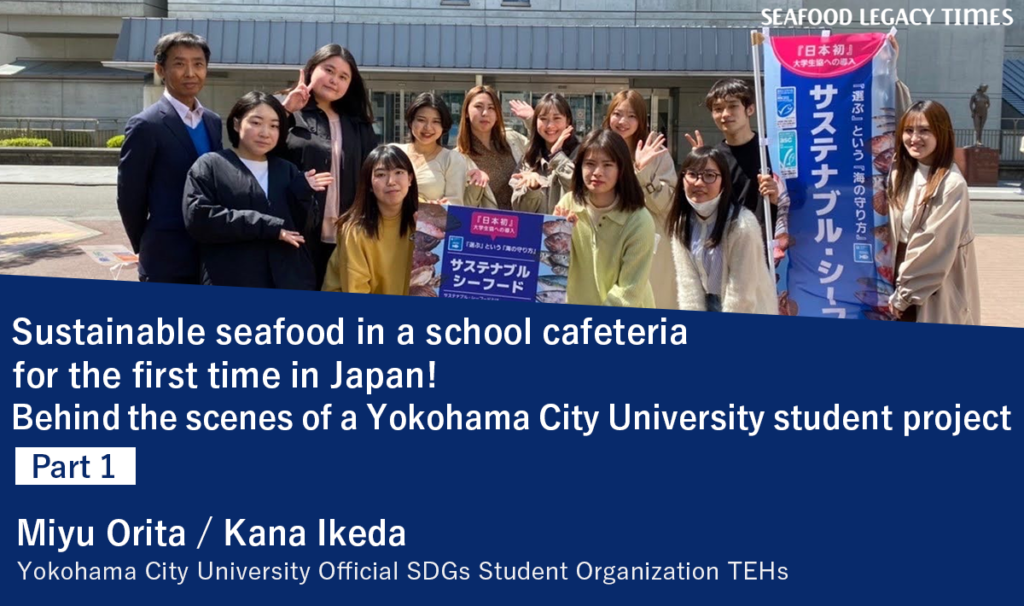
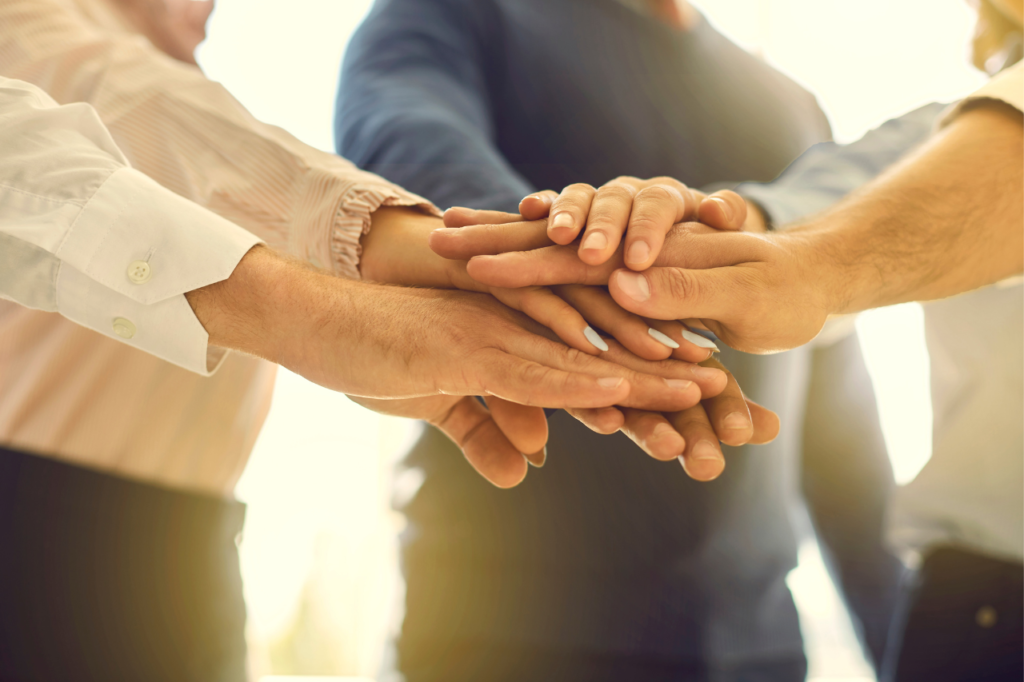


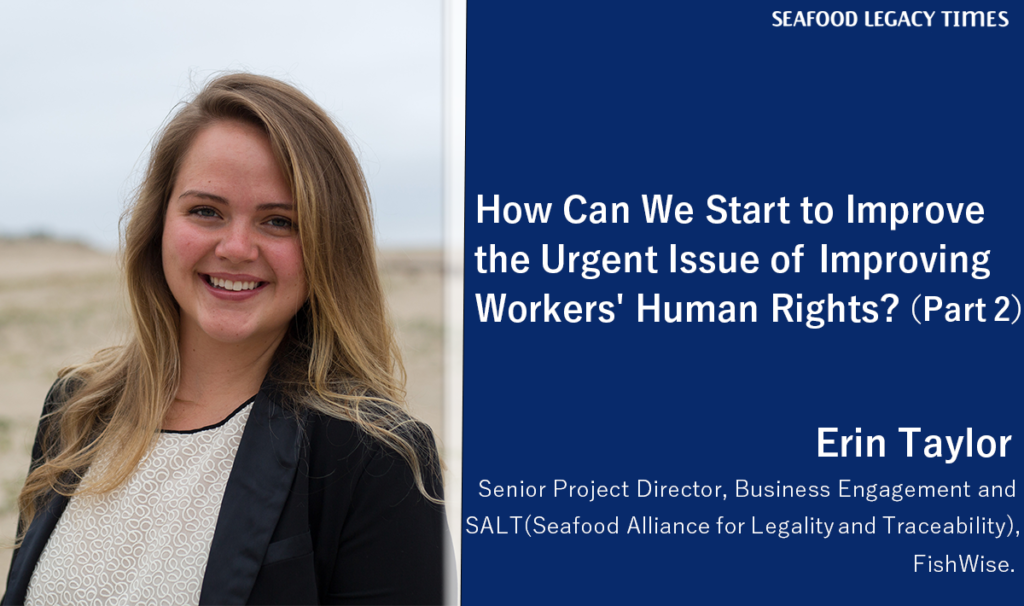

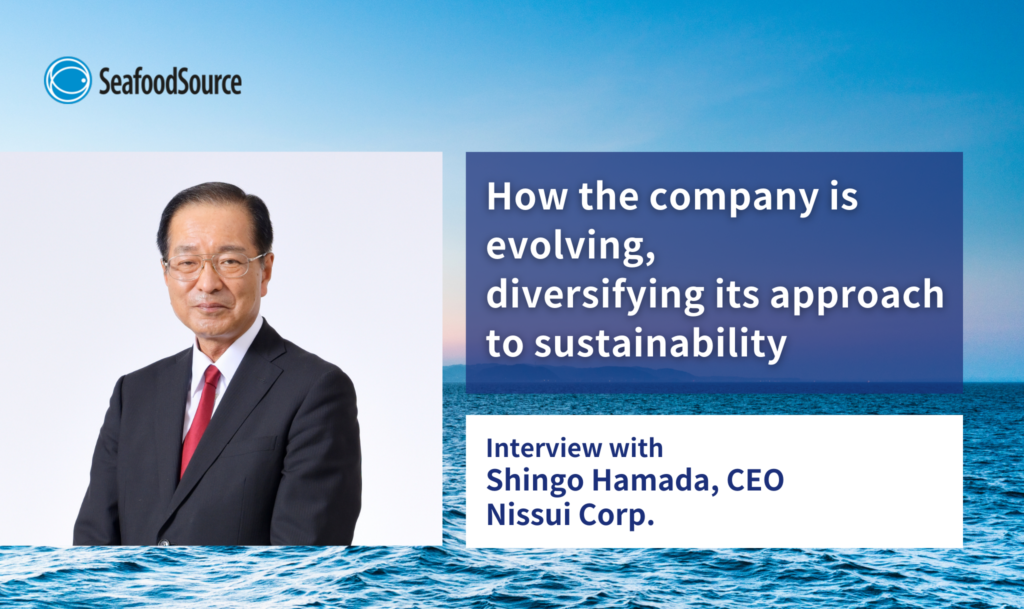




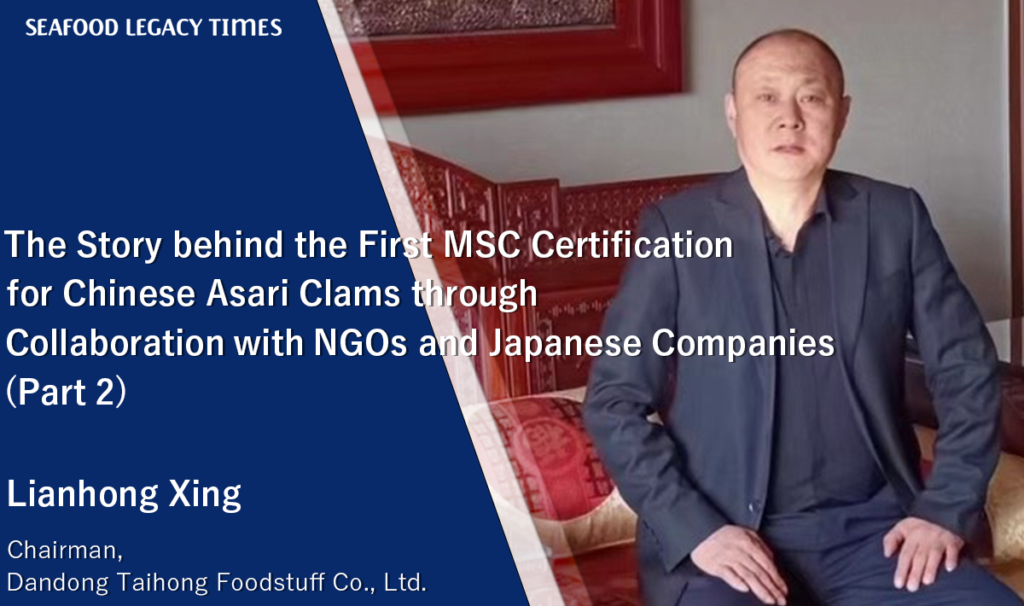
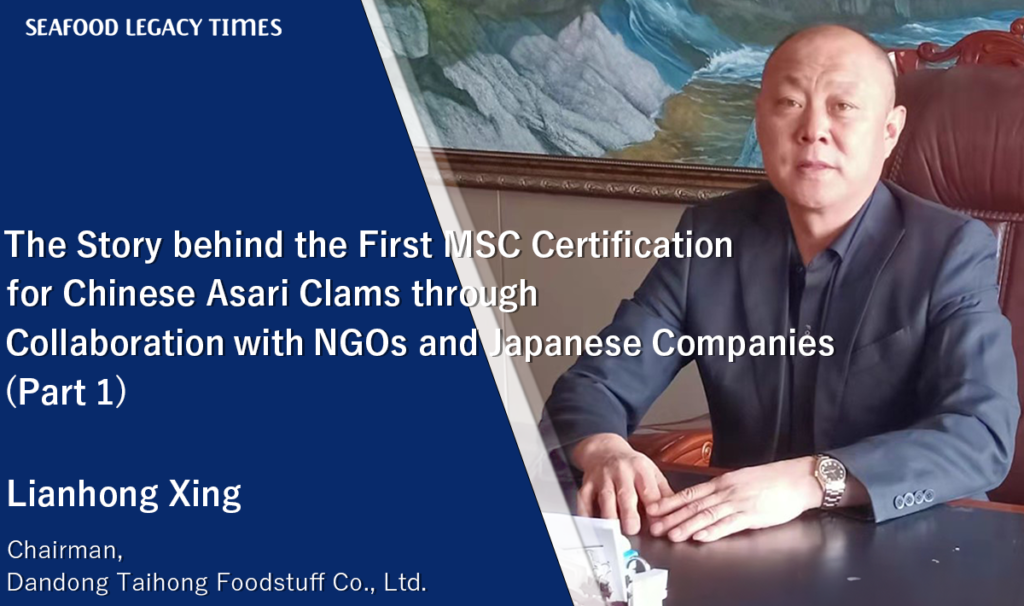

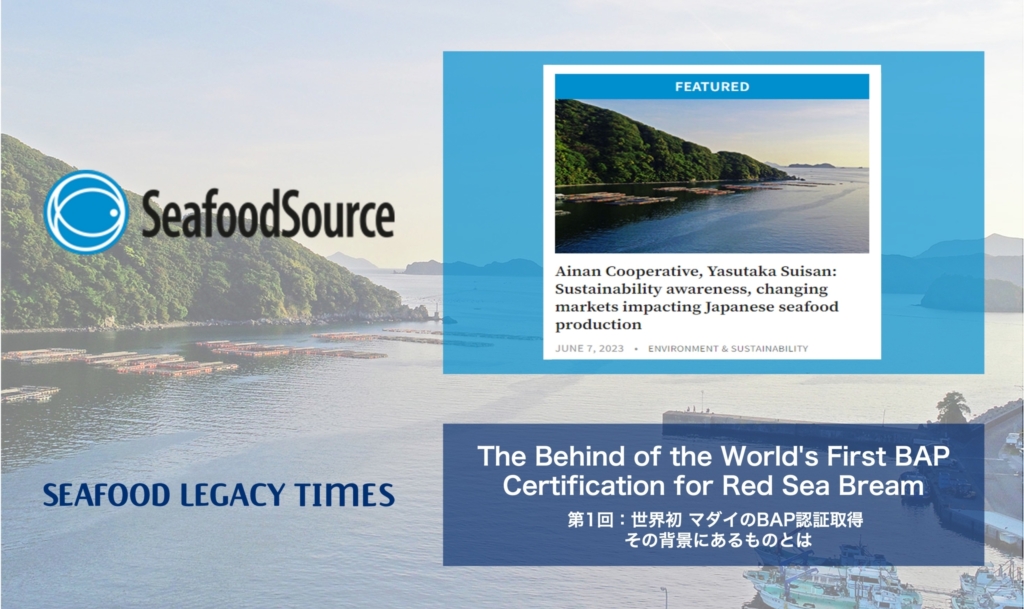

1_修正524-1024x606.png)


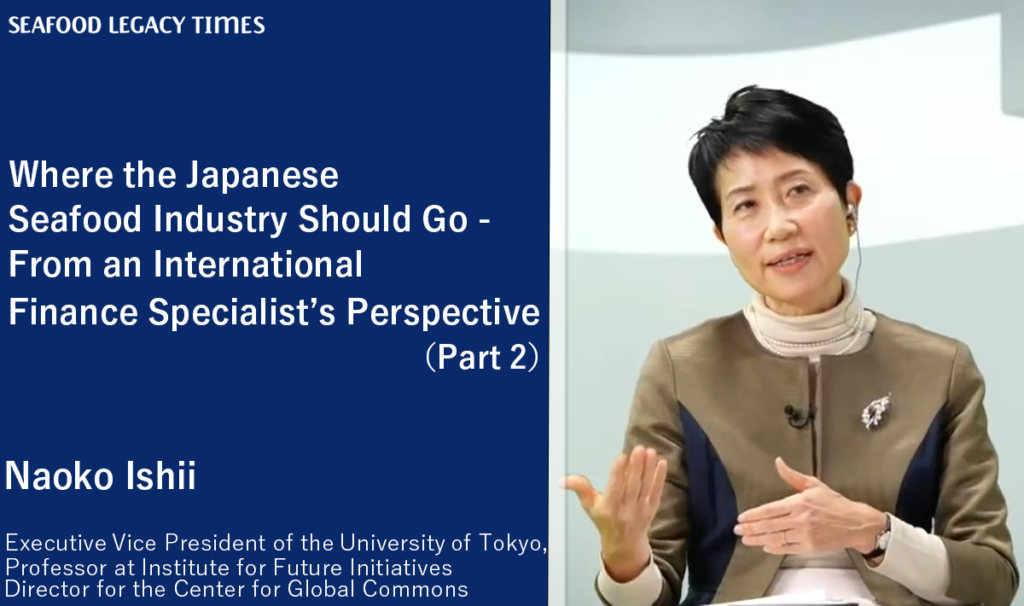







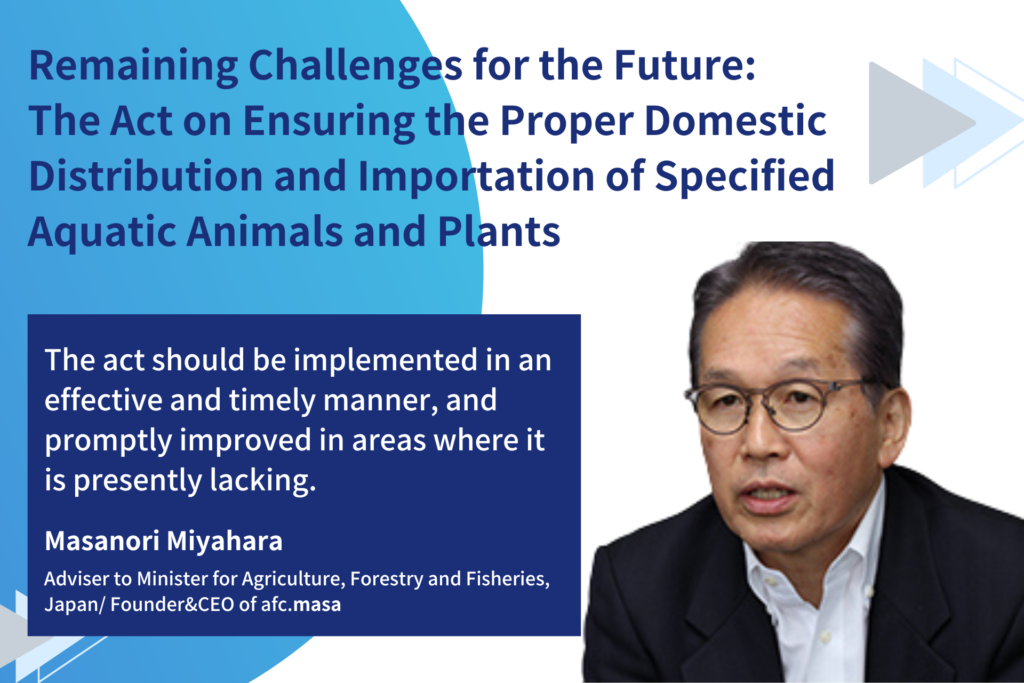
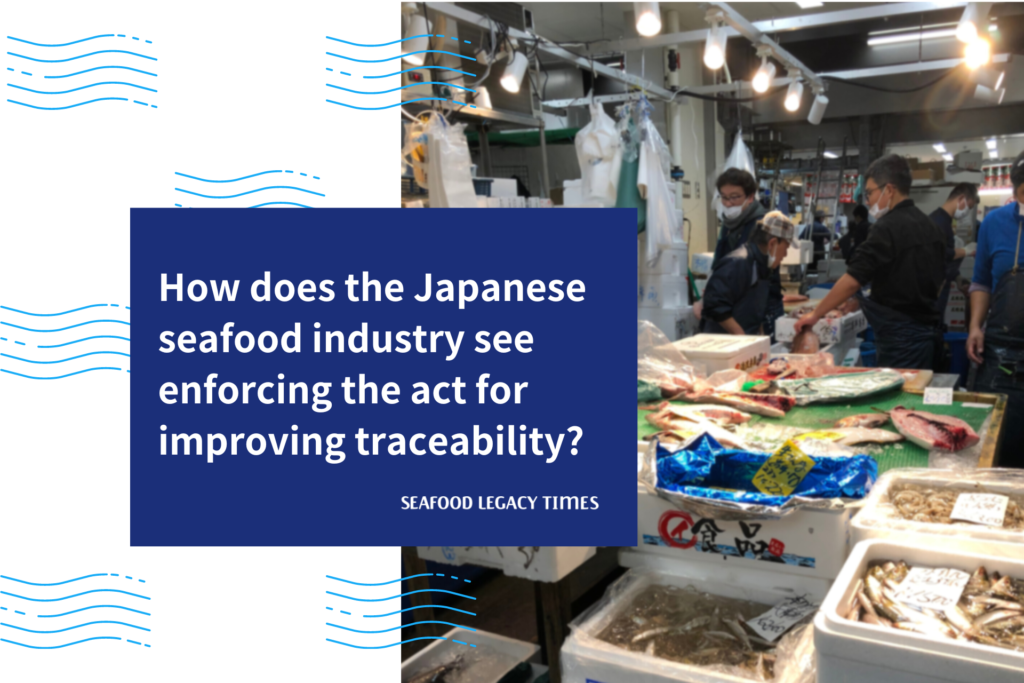



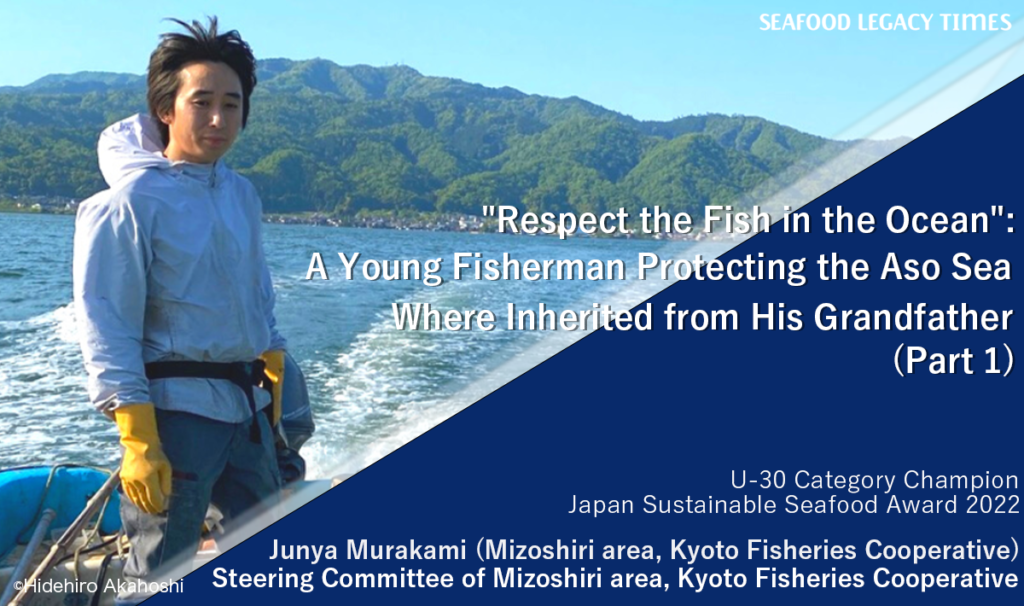
.2-1024x606.png)
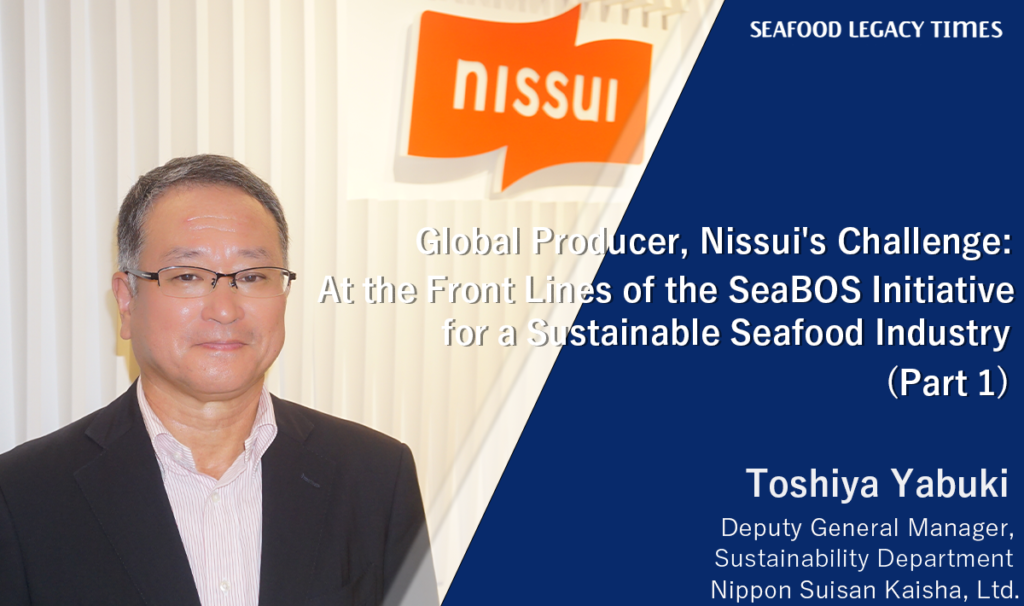
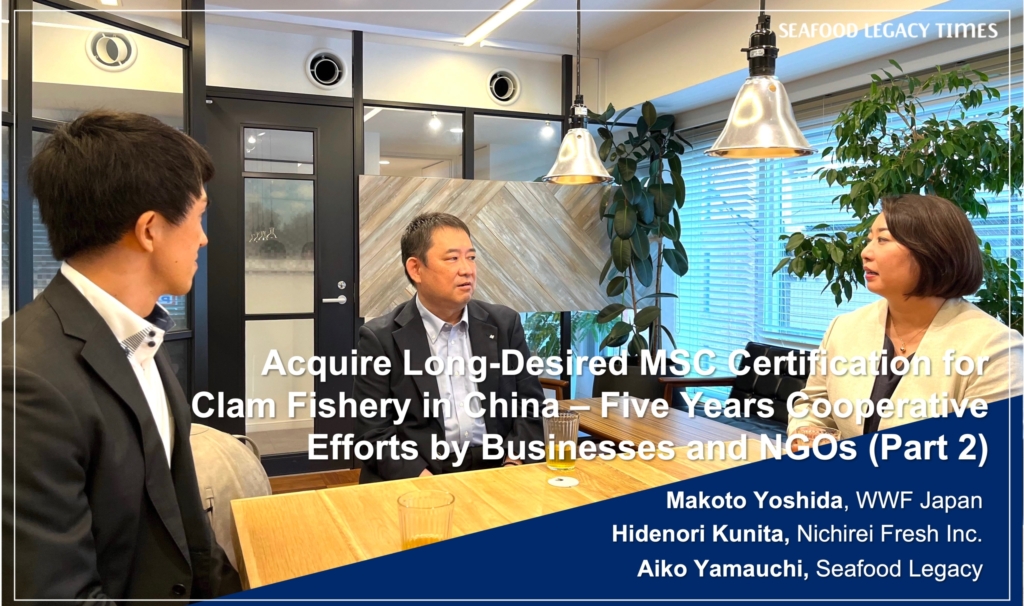
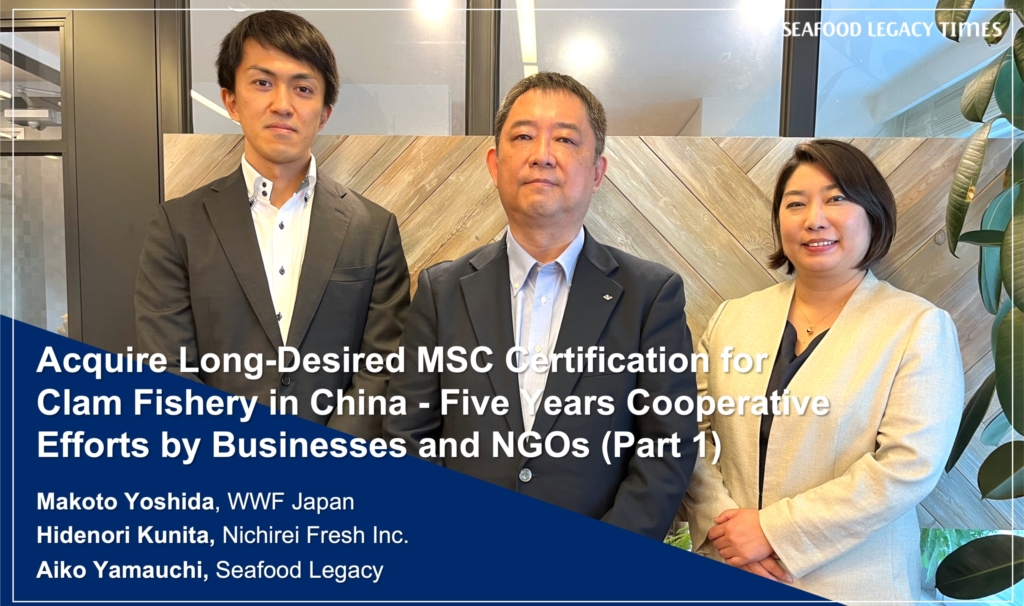






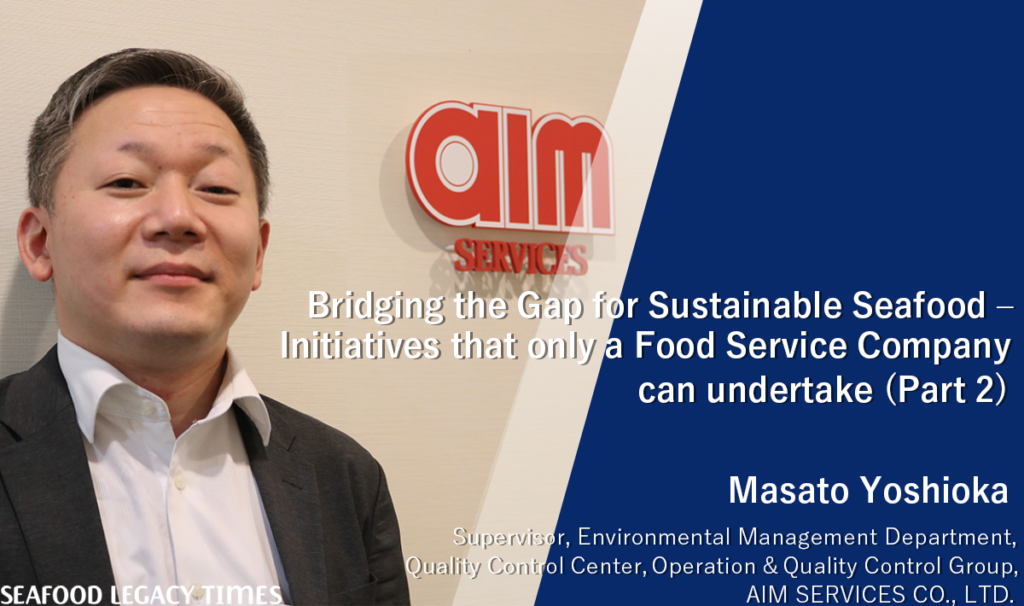
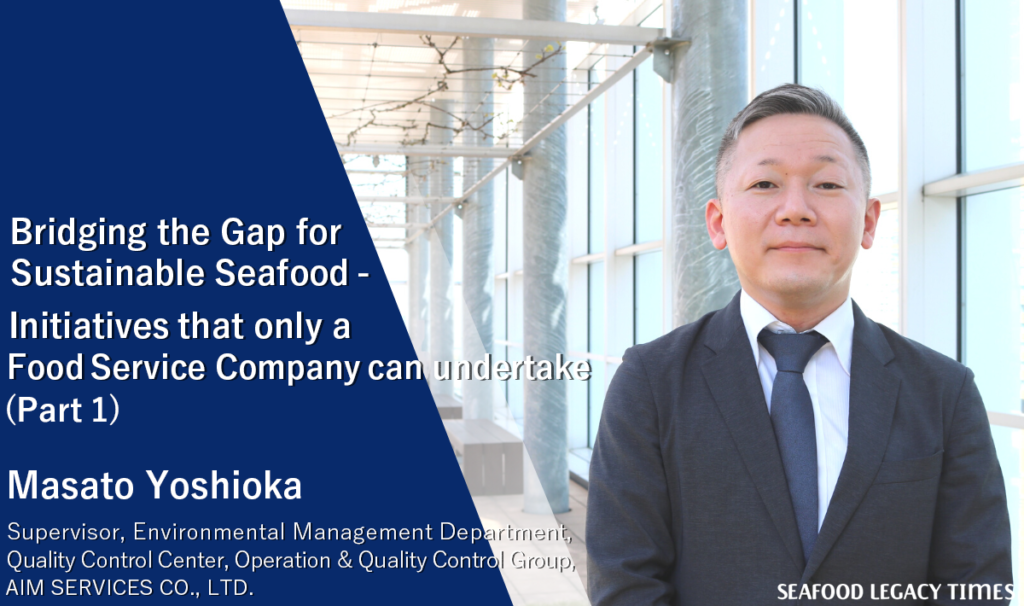
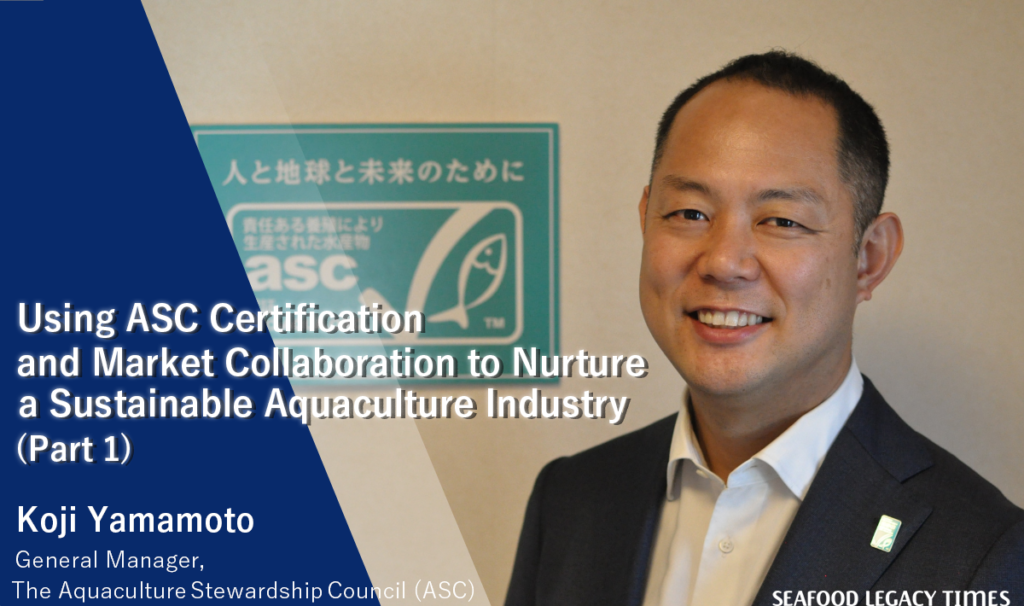
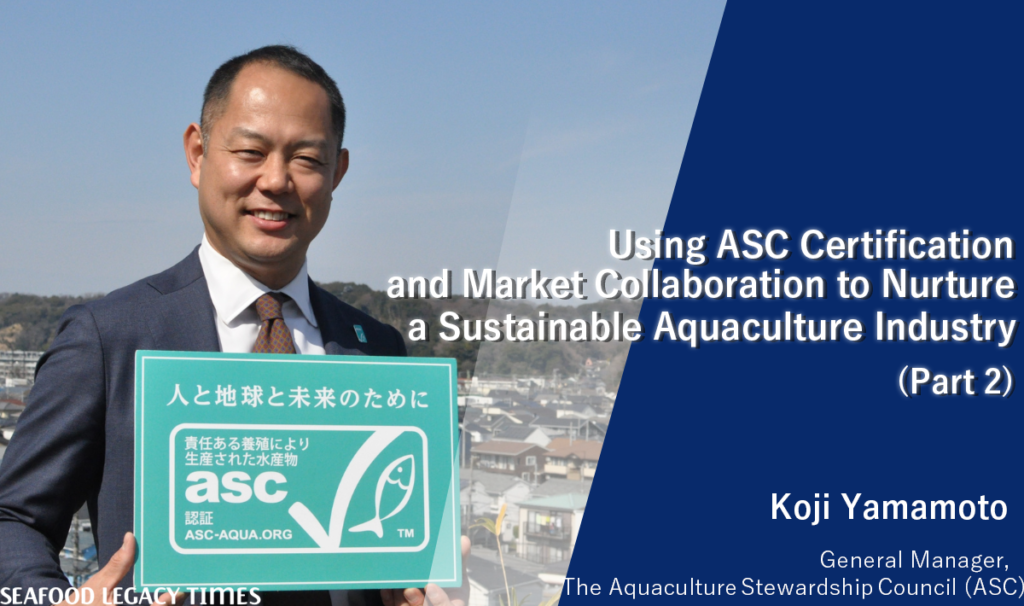
2-1024x606.png)
-1-1024x606.png)
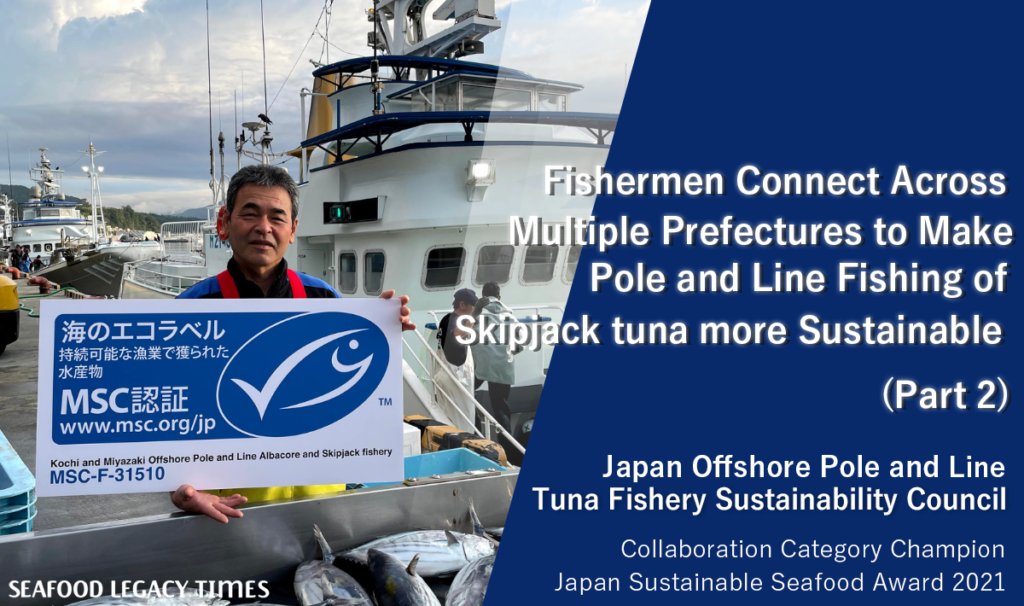
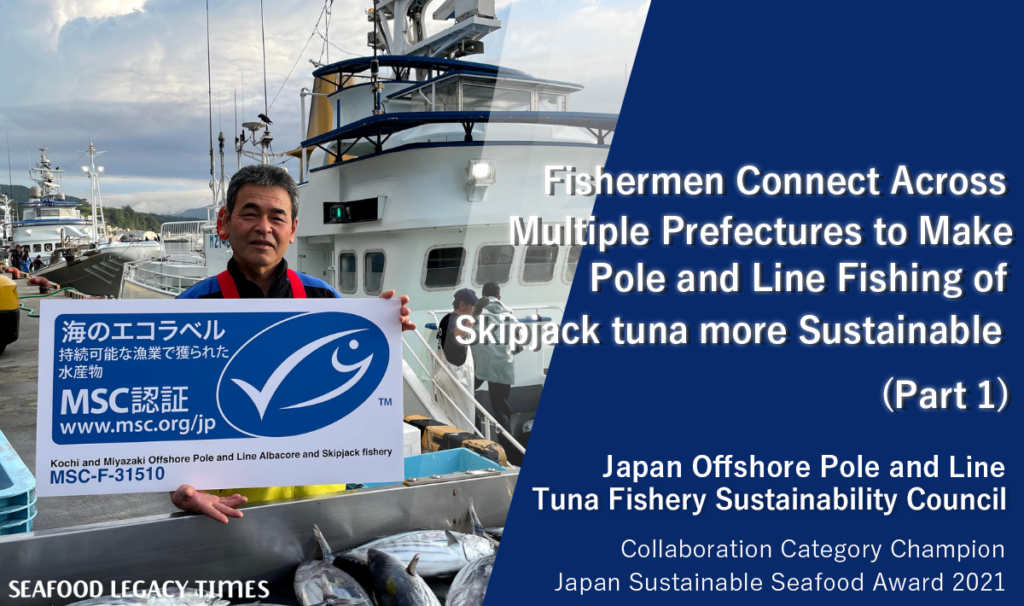
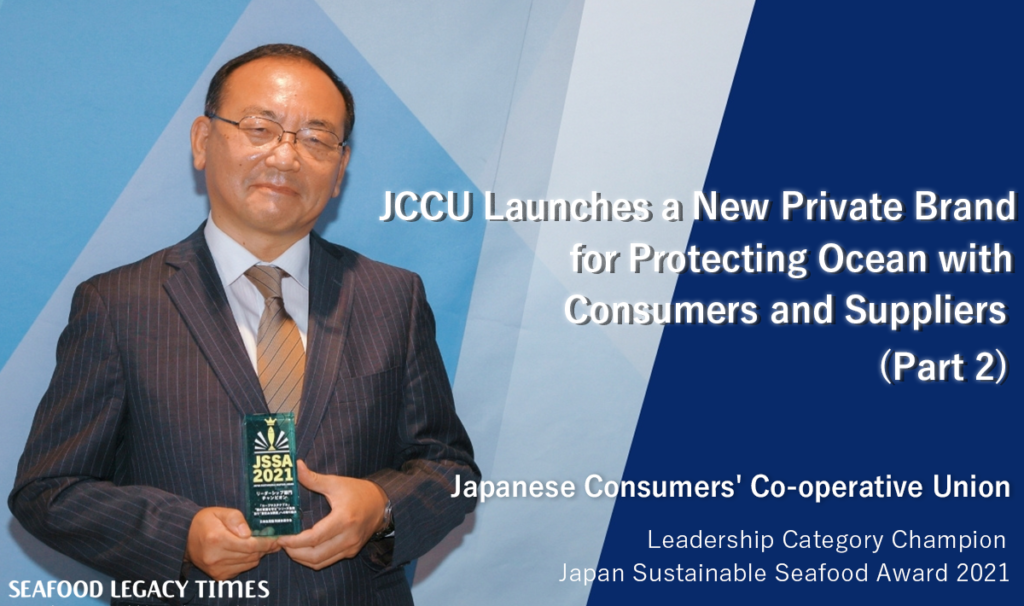
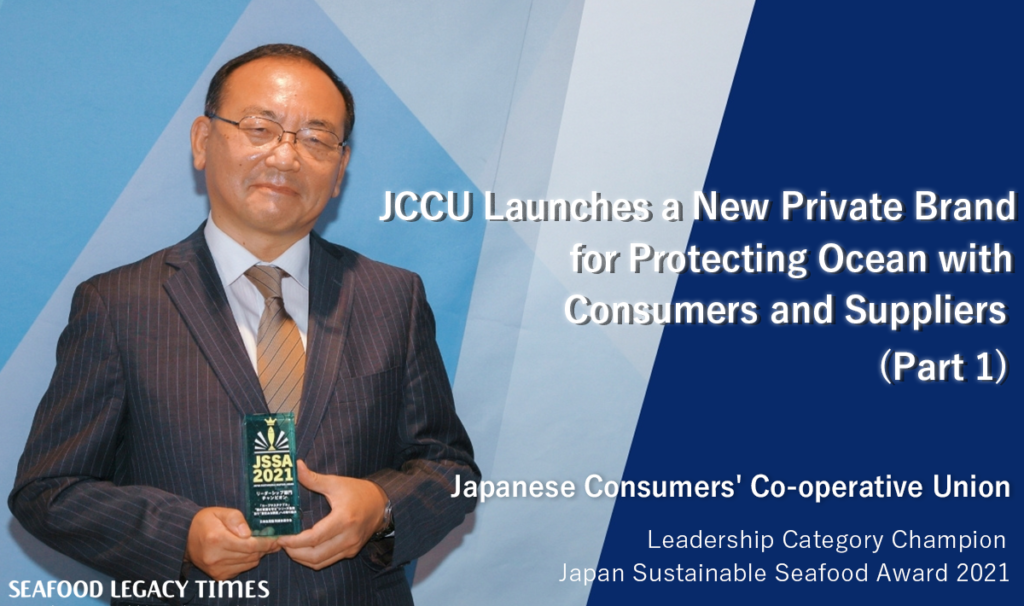
Part2-1024x606.png)
Part1-1024x606.png)
